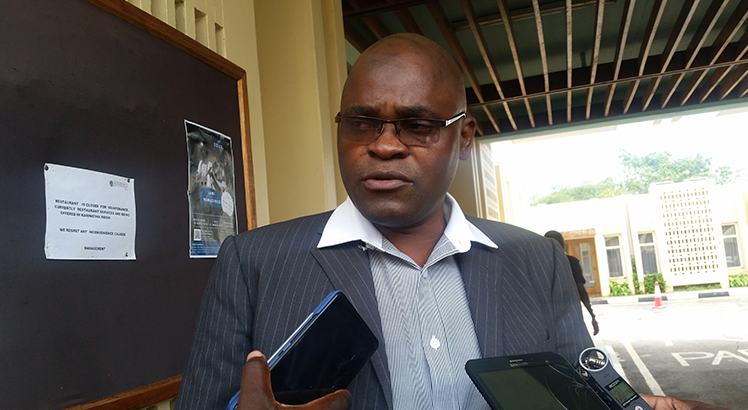Malawi’s corruption image 15% brighter
Malawi’s fight against corruption is paying dividends after the country climbed 19 places on the 2021 Transparency International Corruption Perception Index (CPI).
The latest CPI, which measures perceived levels of public sector corruption, ranks Malawi at 110 out of 180 countries.
The drop from 129 in 2020 represents a 15 percent improvement within one year of President Lazarus Chakwera’s leadership.

approach is needed
The country was ranked 120 in 2018, 122 in 2017, 120 in 2016 and 111 in 2015, making the current position the best in the last six years.
Governance experts say the report, which is only a measure of perception and not actual corruption levels, points to some gains in dealing with the vice, but called for more action.
In an interview yesterday, Jeff Kabondo of the Integrity Platform, who coordinates the CPI in Malawi, said the current ranking shows that Malawi has slightly improved on its CPI record of the past six years.
But he said there is more work to be done to further improve the situation.
Kabondo said: “What should be done? I think the government needs to tackle organised corruption, which is mostly orchestrated by networks of powerful people in both private sector and the public sector. Law enforcement must be seen to be effective and efficient.
“Government must demonstrate tenacity in recovery of assets from crime and corruption. Government must also be accountable on assets recovery.”
He said lifestyle audits for people in powerful positions must be promoted and there is need to clean up public procurement systems, especially for high value goods, services and works.
However, the report says one of the biggest threats to progress in fighting the vice globally remains grand corruption.
Reads the report in part: “Impunity has been the norm, rather than the exception. All the while, the continent loses tens of billions of dollars annually in capital flight.
“And when allegations of abuse emerge, anti-corruption agencies and justice institutions must provide accountability – no matter how high-level the culprit.”
The report shows that in sub-Saharan Africa there has been no significant improvement from previous years.
“Gains made by top scorers are overshadowed by the region’s poor performance. Overall, 44 out of 49 countries still scored below 50 points,” it reads.
Since taking over power in the court-sanctioned presidential election, President Chakwera has committed to fight the vice. During his tenure, he has sacked two Cabinet ministers; Ken Kandodo and Newton Kambala and two top advisers on corruption allegations.
On Monday, the President said his resolve to win this fight is the reason why he has never interfered with Anti-Corruption Bureau (ACB) investigations, including those into the conduct of his own ministers.
In dealing with the vice, Chakwera said time has come for everyone to admit that corruption is so deep in the country that many people, including himself, may have benefitted from its proceeds without even knowing it.
The President also said he has made sure that the ACB is well funded, further stating that the depth of corruption within the country requires concerted efforts.
Meanwhile, civil society platform, Anti-Corruption Alliance chairperson Moses Mkandawire, yesterday called for a collective approach to fighting corruption.
“The majority of the people have become political entrepreneurs and they are fighting hard to protect political thieves. The biggest challenge is that government has become a criminal enterprise,” Mkandawire said.






One Comment